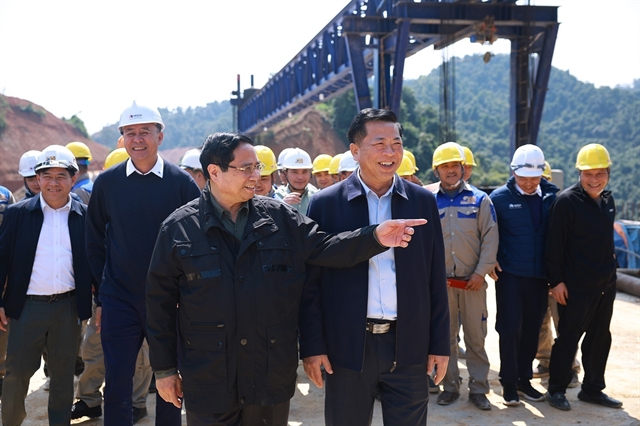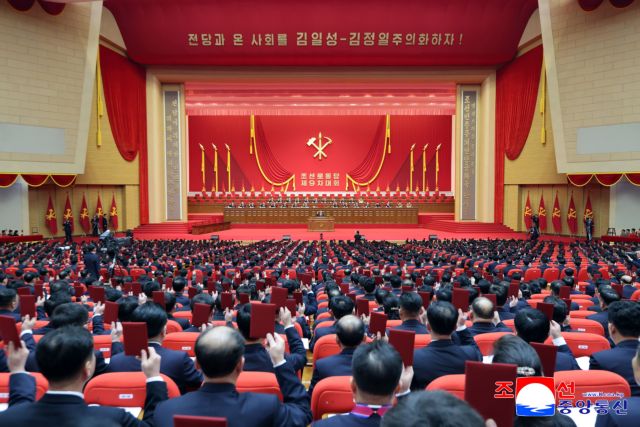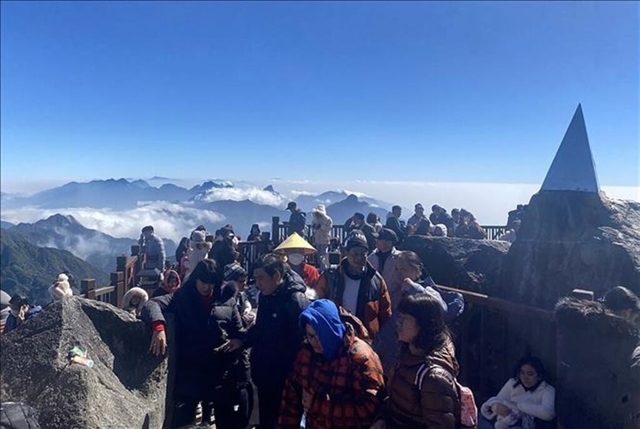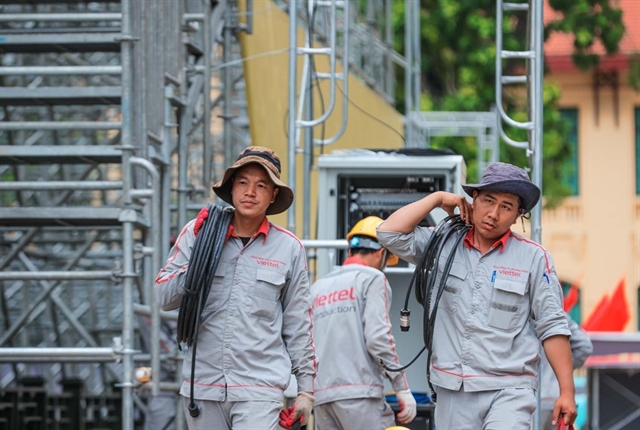 World
World

In the context of growing rivalries between major world powers, ASEAN needs to demonstrate strong political will and unity to promote peace, security and prosperity, foreign policy experts said on Friday.
by Thu Van
MANILA — In the context of growing rivalries between major world powers, ASEAN needs to demonstrate strong political will and unity to promote peace, security and prosperity, foreign policy experts said on Friday.
They were speaking at a panel discussion at the inaugural ASEAN Media Forum in Manila, ahead of the ASEAN Foreign Ministers’ Meeting and the ASEAN Regional Forum.
ASEAN was forged as a mechanism for managing collective security, and the grouping’s role had worked very well for a while, until it began to de-stabilise in 2010, said Michael Vatikiotis, the Asian Regional Director of the Centre for Human Dialogue.
“It was around this time that the two largest powers in Asia, the US and China started sparring more openly,” he said, citing China’s direct investment, support for strategic infrastructure development and military co-operation and the US’s “pivot” to Asia.
“The escalation of tension between the US and China in and around Southeast Asia has posed a significant challenge to ASEAN, one which the existing architecture of collective security has been unable to cope with,” Vatikiotis said.
He noted that the most divisive issue among ASEAN itself, South China Sea (East Sea in Việt Nam), was one that had undermined the basic assumption that ASEAN has always been solid in its external relations.
“Some member states have adopted positions seen as either pro- or anti- one of the two major powers. …and at a recent ministerial meeting it was proved impossible to issue agreed statements on critical issues,” he said.
In order to not succumb to the strategic power plays of major nations and to retain global trust and confidence, ASEAN needs to developed a strong united stand, said Surin Pitsuwan, former Secretary General of ASEAN.
“The challenge for ASEAN is whether it is willing, capable and ready to play a larger role. It will need to enhance its capacity, streamline its decision making process... and adopt a new mindset from its passive ASEAN Way of the past 50 years,” Pitsuwan said.
Vatikiotis shared the opinion, saying it was vital that ASEAN reinforces and reinvigorates collective security discussions at the leadership and ministerial level.
Talking about one of the key issues for ASEAN, financing, Termsak Chalermpalanupap, a fellow at the ISEAS-Yusof Ishak Institute, and a researcher on ASEAN political and security affairs at the Institute’s ASEAN Studies Centre, said ASEAN has very Iimited resources to fund development co-operation projects and major infrastructure constructions.
“ASEAN has to rely heavily on funding support from its external partners,” he said.
However, Pitsuwan called for more creative measures to limit this dependence.
“ASEAN should not be an empty forum. We have to have our own scripts, our own resources, our own ways to go forward by ourselves, not just wait for development funds from others. We won’t earn respect going into the future like this,” he said.
Pitsuwan said he has proposed an initiative.
“Collectively, ASEAN has US$806 billion in foreign reserves. If we’re serious about our connectivity plan, 10 per cent of that could go to a common fund, and those who want funding from that for infrastructure development can have it without having to ask for investment from other countries, which often come with terms and conditions that ASEAN members are not comfortable with,” he said.
And it would also show that ASEAN had matured and can deploy its own resources, he added.
The experts also discussed the possibility of approving the framework for the Code of Conduct on the South China Sea drafted by China and ASEAN.
Vatikiotis noted that the framework was “thin” and a mere “table of contents,” but at least China is cooperating.
“Yes, it lacks legally binding aspects, it’s very thin, but it does include the importance of confidence and trust building, which opens the way for protocols for codes or principles that could determine interactions at sea, for both naval and maritime law enforcement. That is significant and will help reduce tension,” he said.
Philips Vermonte from the Centre for Strategic and International Studies welcomed the show of co-operation between ASEAN and China “without transforming the existing difficult conflict in the South China Sea.”
“ASEAN and China relations should not be defined by the South China Sea problem. There are other areas of co-operation between China and ASEAN that both sides can agree on,” Vermonte said.—VNS




